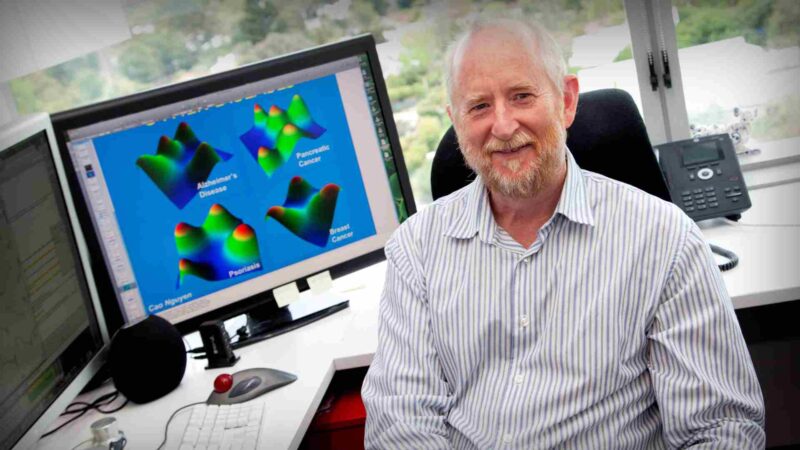Professor Sandy Middleton FACN, FAAN Professor of Nursing, Director Nursing Research Institute, St Vincent’s Health Network Sydney, St Vincent’s Hospital Melbourne and Australian Catholic University
NEW SOUTH WALES, AUSTRALIA
Watch Professor Sandy Middleton talk about nurse-led protocols for stroke patients, based on Australian Catholic University research, making changes to policy, guidelines and clinical practice in Europe and Australia. These have decreased patient mortality, dependency & treatment costs.
You Might also like
-
Respiratory health and the microbiome in the lung environment
Dr Taylor leads the Respiratory Health Group within the Microbiome and Host Health Program. His research employs tailored techniques that allow the lung environment to be characterised to a high level of accuracy, including detailed measurements of airway microbiology (microbiome), mucus composition, and inflammation. This information is used to identify predictive markers of chronic lung disease severity as well as determine effective forms of therapy.
-
Public health and research into Ear, Nose and Throat conditions
Associate Professor Paul Paddle is an Ear, Nose and Throat (ENT) surgeon, head and neck surgeon with fellowship training in Laryngology – Voice, airway and Swallowing disorders. Working at Monash Health and Monash Children’s hospital, Paul has extensive experience managing a wide range of paediatric ENT conditions, from neonates to adolescents. He is also an active researcher in paediatric obstructive sleep apnoea and sleep disorders.
-
Systems genetics to determine risk of developing diabetes complications
Dr Mara Zeissig is a recently appointed Lab Head within the Tumour Inflammation and Immunotherapy Program at the South Australian immunoGENomics Cancer Institute (SAiGENCI).
Her research focuses on studying immune evasion mechanisms in lung and pancreatic cancers to identify novel ways to increase response to immunotherapy. Her expertise is in genetically engineered mouse models of lung cancer, CRISPR-Cas9 screening technologies and T cell based immunotherapies (e.g Checkpoint inhibitors).



